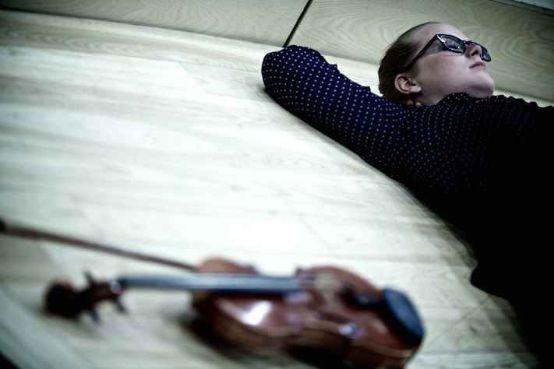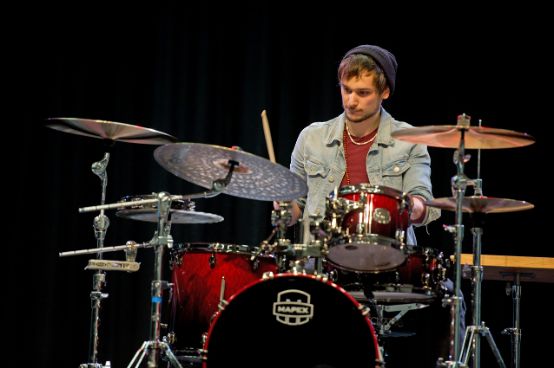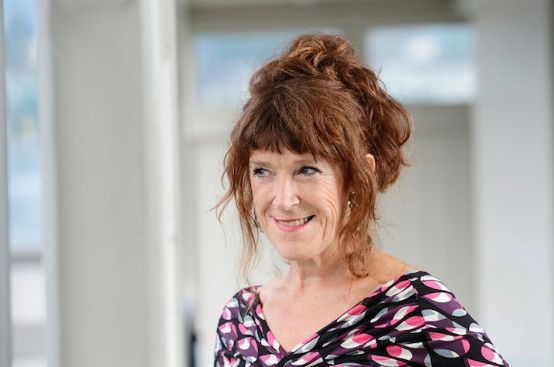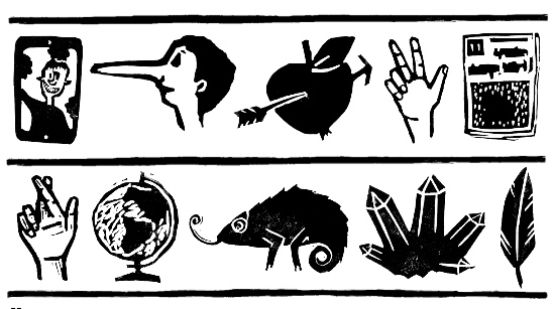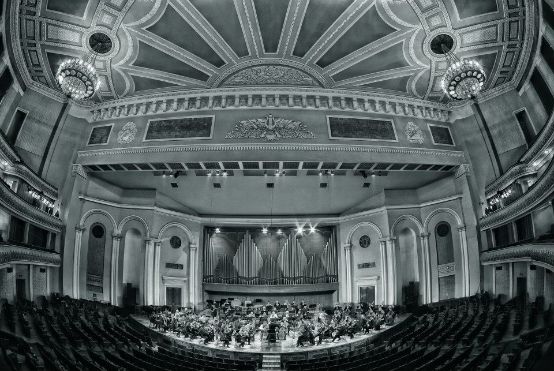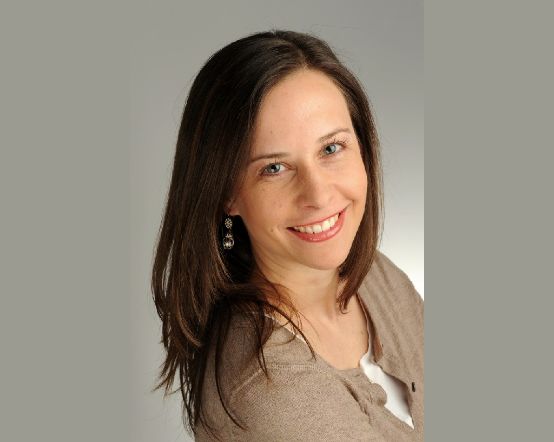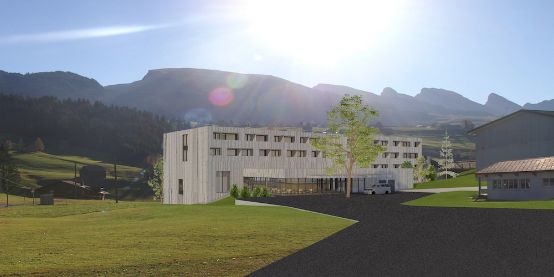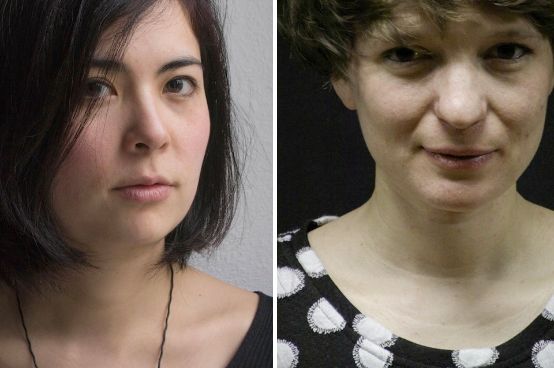The nominees for the Grand Prix Music 2016
The Swiss Federal Office of Culture (BAK) is awarding the Swiss Grand Prix Music for the third time in 2016. Fifteen musicians from all over Switzerland and from various musical genres have been nominated.
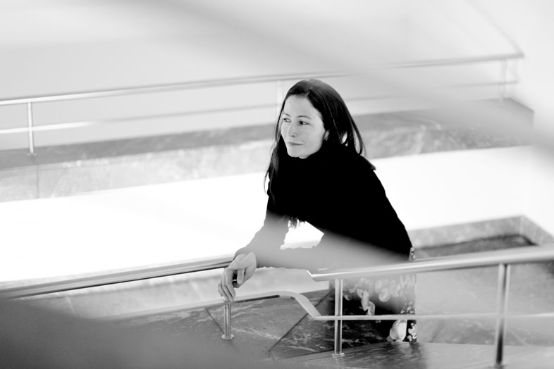
According to the BAK press release, the nominees are: Susanne Abbuehl (Lucerne), Laurent Aubert (Geneva), Sophie Hunger (Berlin/Zurich), Philippe Jordan (Paris/Vienna), Tobias Jundt (Berlin), Matthieu Michel (Vevey), Fabian Müller (Zurich), Peter Kernel (Barbara Lehnhoff & Aris Bassetti, Iseo), Nadja Räss (Einsiedeln), Mathias Rüegg (Vienna), Hansheinz Schneeberger (Basel), Colin Vallon (Vevey/Basel), Hans Wüthrich (Arlesheim), Lingling Yu (Puplinge) and Alfred Zimmerlin (Uster).
The Swiss Grand Prix Music is endowed with CHF 100,000, the nominations with CHF 25,000 each. The BAK appoints a team of ten experts each year. This team selects candidates from all regions of Switzerland and from all musical genres to submit to the Federal Jury for Music.
In February 2016, the seven-member jury selected the 15 finalists from the 59 proposed musicians. The winner of the Swiss Grand Prix Music will be announced at the award ceremony. The composition of the jury has changed slightly: Michael Kinzer, who was already a member, has been appointed president following the resignation of Graziella Contratto. Sylwia Zytynska is a new member of the committee.







